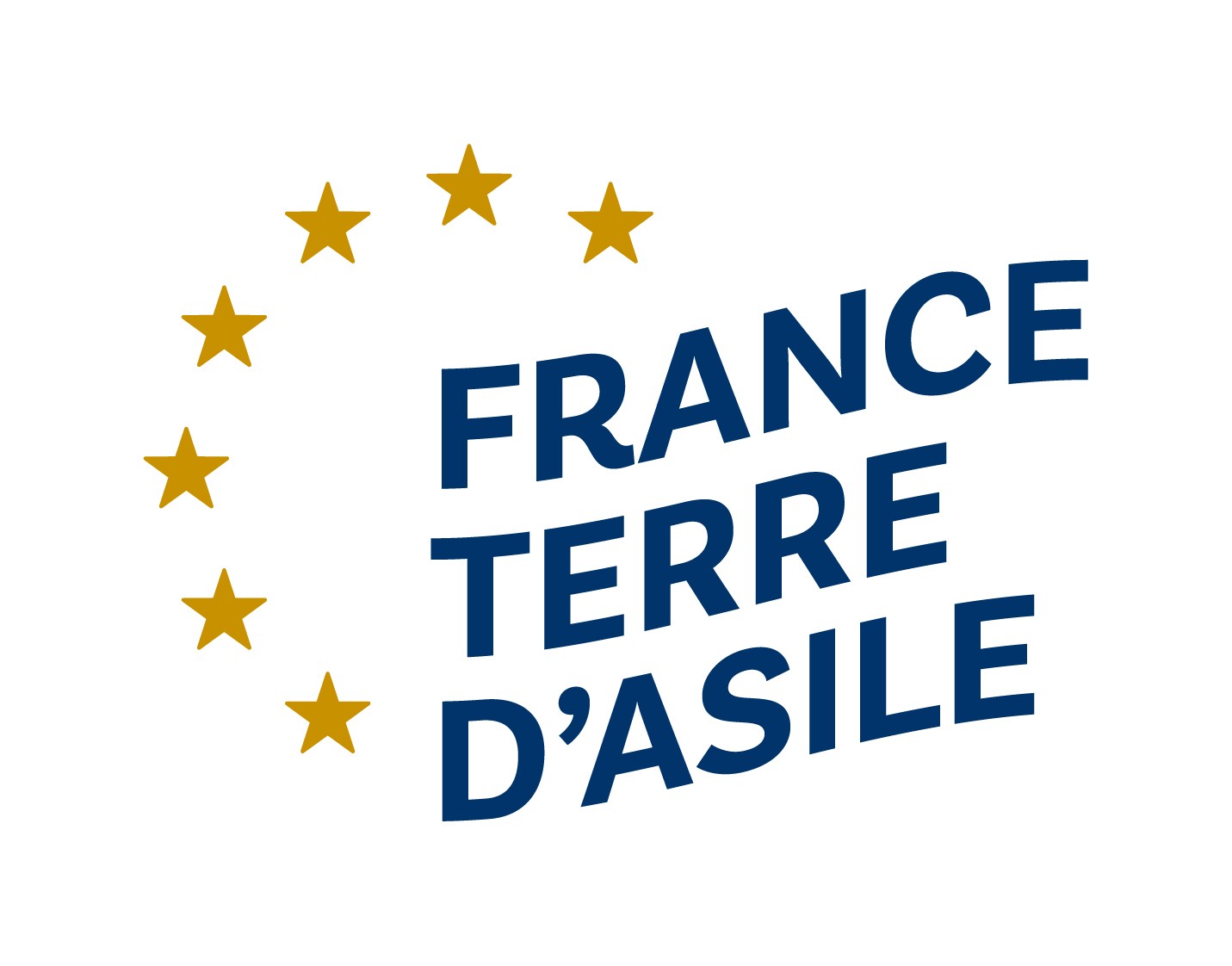What has a decade of migration projects taught us about integration in cities?
Anthony Colclough, Copywriter and editor, EUROCITIESIntegration happens in our cities
It is in our cities that almost all migrants to the EU arrive, and city administrations have the practical task of unlocking their social and economic value. Our cities vary in size, employment, newness to integration policy, and migrant backgrounds. However, the routes to unlocking the opportunity that migration presents, and avoiding the potential pitfalls, have much in common. EUROCITIES member cities are working together to turn the so-called ‘migrant crisis’ into an integration triumph.
We work through our projects and working groups to share best practices between cities, enabling better local policy. We also demonstrate to the Commission that unless it works directly with cities, and ensures that the local government has a seat at the table with the national level in discussions on funding and policy, Europe’s integration aims cannot be successful.
Because cities tend to see migration as a practical, rather than an ideological issue, local policy differs from national policy. It is about ensuring that migration can be a mutually beneficial process for locals and newcomers and is focused on proactively improving local wellbeing, rather than being stymied between rhetoric and reaction.
Heroes of values
For example, with ‘Voluntarios de Madrid,’ the city coordinates more than 13,000 volunteers, over 1,000 of whom are migrants, to get involved in local causes. By working as volunteers, migrants meet people, practice the language, and feel a part of their new society. They can also pick up skills and experience for the local job market. In Nuremberg, ‘Nuremberg Heroes’ sees migrants engaging as mentors for young new arrivals to help them find their feet in the new society. These youngsters often go on to become mentors themselves.
These are just two of many best practices seen through our ongoing project ‘VALUES’, on integration through volunteering, led by EUROCITIES with support from MigrationWork and the European Volunteer Centre. This project also includes the cities of Amsterdam, Bristol, Brno, Cesena, Düsseldorf, Ostend, Riga, Sheffield, Terrassa, Thessaloniki, Toulouse, Turin, Oslo and Zurich, all with exciting contributions of their own.
Better business and policy
Previous projects can show us how peer-learning between cities generates concrete results. In our project Cities Grow (2017-2019), Tampere saw the Rotterdam Business Case, of which many of the beneficiaries are migrants, which teams up entrepreneurs living below the poverty line with successful retired entrepreneurs and business students. This approach benefits all involved and stimulates the local economy. Tampere has now implemented its own version of the programme.
An earlier project, ImpleMentoring (2012-2014), led many cities to adopt new approaches. Riga was inspired by Dublin to make public information available in other languages, an easy win for easing arrival, and added a migration strand into their social cohesion work, offering funding on the topic for NGOs. Milan, inspired by Oslo, secured national funding to work with second generation migrants.
Milan also leveraged the project’s peer-learning methodology to host its own inter-city event on unaccompanied migrant minors, which cemented political will around this topic. Oslo was inspired by Manchester to develop and distribute a ‘Guide on equal services’ among municipal employees, which it is now passing on to other cities through VALUES.
Pitfalls
A pitfall for cities’ integration policies is insufficient mapping and benchmarking. Without knowing how many migrants are in a city, or what their backgrounds and situations are, it is impossible to know how effective your policy is. Siloes are another major issue that cities face. Integration requires linked approaches from departments for housing, employment, culture and education, to name but a few, as well as cooperation with civil society, academia and other levels of government. Siloes in the local government can make it difficult to accommodate this kind of approach. In Ghent, this is addressed through a refugee taskforce which brings these players together regularly to arrive at a common approach.
The conference and charter
All the lessons from EUROCITIES integration projects come under the banner of ‘Integrating Cities’. Here, insights from past and present activities are kept in circulation, and cities not directly involved in our projects have the opportunity to benefit from them. The most high profile event taking place under this banner is the Integrating Cities Conference, a biannual gathering of over 100 cities working on migration, as well as migration experts, representatives of migrant-run groups and of the European Commission. This is the major opportunity for cities to work together and inspire each other around migration on an EU level, and to promote the Integrating Cities Charter, so far signed by 39 cities, a political commitment by mayors to embrace the diversity of their populations.
Commission takes note
The last conference saw encouraging statement from the Commission, with Commissioners affirming on stage that cities have a central role in integration efforts, that their contributions must be recognised, and that the Commission aims to achieve a more structural relationship with cities on this topic. Cooperation between EUROCITIES and the Commission has shown concrete results, as when the Asylum, Migration and Integration Fund began to mention cities explicitly in their calls for project funding. Equally essential is a shift in the Commission’s approach, from top-down to bottom-up integration policies.
Real integration can only be effected where migrants and locals come together, and it is in cities that this is happening. But that does not mean that cities must act alone. Keeping up with the best practices and the missteps of other cities through city networks is essential to progress efficiently and effectively. The EU is recognising this, and so are city leaders.
